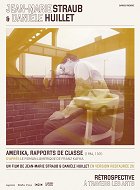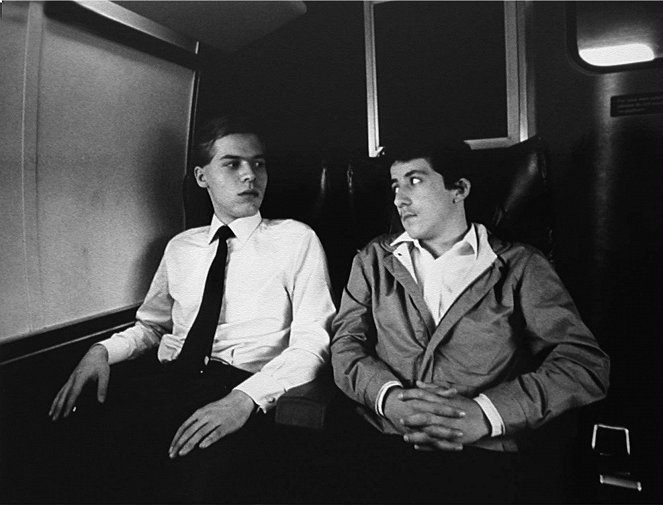Plots(1)
Karl Rossmann, a young German immigrant, accepts his rich uncle's invitation to move to New York where he encounters a strange America of unwarranted optimism and quickness to assign guilt. Adapted from the first chapter of Kafka's unfinished novel, Amerika. (Locarno Festival)
Reviews (1)
The titles of artworks cannot be underestimated. When we focus on a film, for example, Griffith's title Intolerance is the only explanation and connection for the whole three-hour film. Here, the change in the title shifted our perception of the entire work: from a vague existential "The Vanished" it became a story about alienation in modernity with its specific discovery - dehumanized working relationships, in which all other human relationships find their faithful reflection. Instead of a general statement about the absurd anonymous situation of contemporary people in an ever-growing world, with more and more helpless individuals, we are presented with a no less pessimistic story, but now with a clear example of one of the manifestations and causes of this state - the emptiness of human relationships breeds a chase for class privileges, clinging to one's own position, and humiliating subordinates, which in turn builds even greater walls between people. Kafka thus becomes a socially critical writer from the non-general, non-philosophical side of things. After all, Therese’s narrative almost seems to have come out of a socialist realist novel from the early 20th century; Karl's "trial" is thus different from that of Josef K., as here it is a process of being fired from work, but no less absurd and hopeless for the accused. The formal simplicity allowed the authors to preserve the spirit of the original work (in the novel, Kafka mainly describes human relationships and conversations, while transitions and descriptions of the surroundings play a lesser role, by which independent authors could additionally save on costs!).
()

